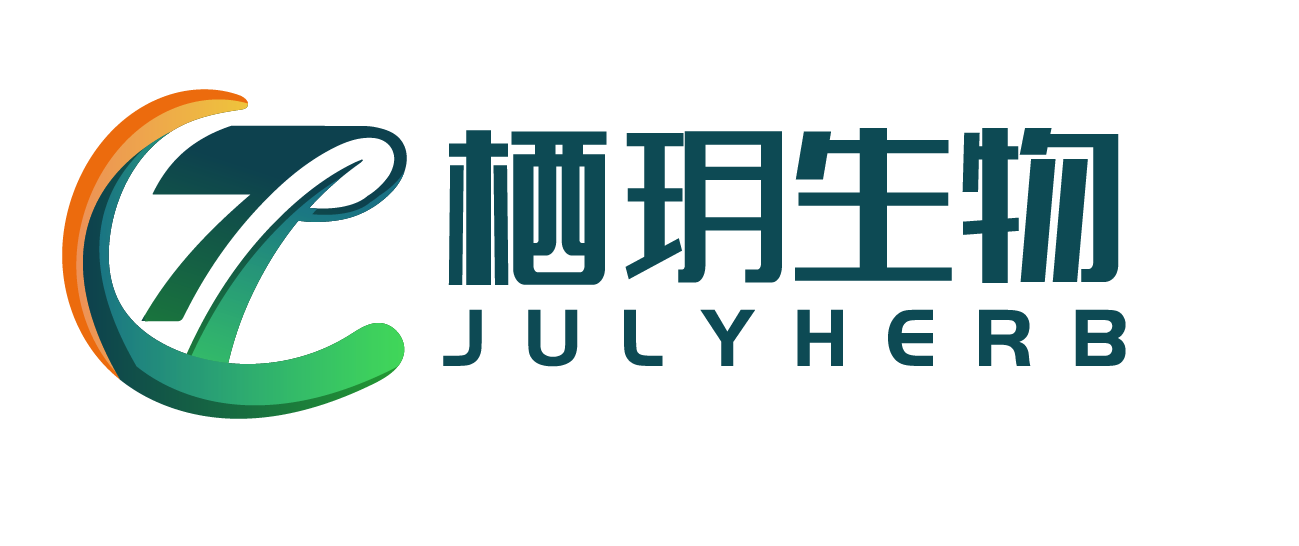Some popular anti-aging and brain health ingredients on Amazon
1. NAD+ supplements (NMN, NR, NADH)
NAD+ levels decline with age, leading to degeneration that is sensitive to NAD+ levels. The acetylase family (sirtuins, often advertised as longevity proteins) cannot maintain normal activity, so that many functions that are beneficial to health mediated by sirtuins cannot be performed, which is one of the important reasons for aging. Intake of NMN (nicotinamide mononucleotide), NR (nicotinamide riboside) or NADH (nicotinamide adenine dinucleotide) can help cells increase NAD+ levels, and these are naturally present in cells and natural foods. At present, there are hundreds of clinical studies on NMN, NR, and NADH, focusing on various aspects such as anti-aging, diabetes, metabolism, and cognition.
2. Pyrroloquinoline quinone (PQQ)
PQQ is a redox coenzyme and a strong antioxidant. It also exists in various foods. The content of PQQ in the human body is very low. The PQQ in human cells may come from food or microorganisms. Foods with more PQQ include: natto, parsley, green tea, kiwi fruit, papaya, tofu, etc. PQQ can stimulate mitochondrial biosynthesis and is also an activator of sirtuins. The possible health benefits of PQQ include: improving sleep, anti-diabetes, anti-arthritis, anti-osteoporosis, reducing cardiac ischemia-reperfusion injury, inhibiting tyrosinase, improving fertility.
3. Fisetin
Fisetin, also known as Smoke Tree Extract, is a plant-derived flavonol and a common plant pigment found in many common vegetables and fruits such as strawberries, apples, persimmons, onions, and cucumbers. It increases the lifespan of aged mice by 10% , reduces aging markers in tissues, and slows down aging-related diseases. The anti-aging mechanism of fisetin is that it can remove senescent cells and act as a synolytic.The accumulation of senescent cells is also an important cause of aging and aging-related diseases. Studies have found that the possible health benefits of fisetin include: anti-oxidation, anti-inflammation, heart protection, cognitive protection, prevention of obesity and metabolic disorders.
4. Urolithin A
Urolithin A is contained in various tissues of the human body. But urolithin A is not a natural molecule in food and is produced by some gut bacteria that metabolize ellagic acid and ellagitannins. The precursors of urolithin A — ellagic acid and ellagitannins — are widely found in various foods, such as pomegranates, strawberries, raspberries, and walnuts. Whether the human body can produce enough urolithin A after ingesting these precursors is also limited by the diversity of intestinal microorganisms. Aging leads to a decrease in the autophagic ability of cells, which in turn leads to the accumulation of damaged mitochondria, generates oxidative stress, and promotes inflammation. Urolithin A improves mitochondrial health by increasing autophagy.
5. Spermidine
Spermidine is a natural polyamine whose intracellular concentration decreases during aging in humans, and there may be a link between decreased spermidine concentration and age-related degeneration.Major food sources of spermidine include whole grains, apples, pears, vegetable sprouts, potatoes, and others.The potential effects of spermidine include: lowering blood pressure, enhancing antioxidant defense, increasing arginine bioavailability, reducing inflammation, reducing vascular stiffness, regulating cell growth.



